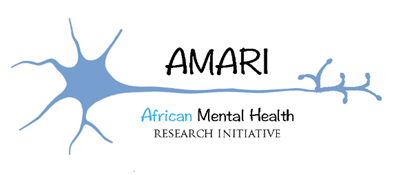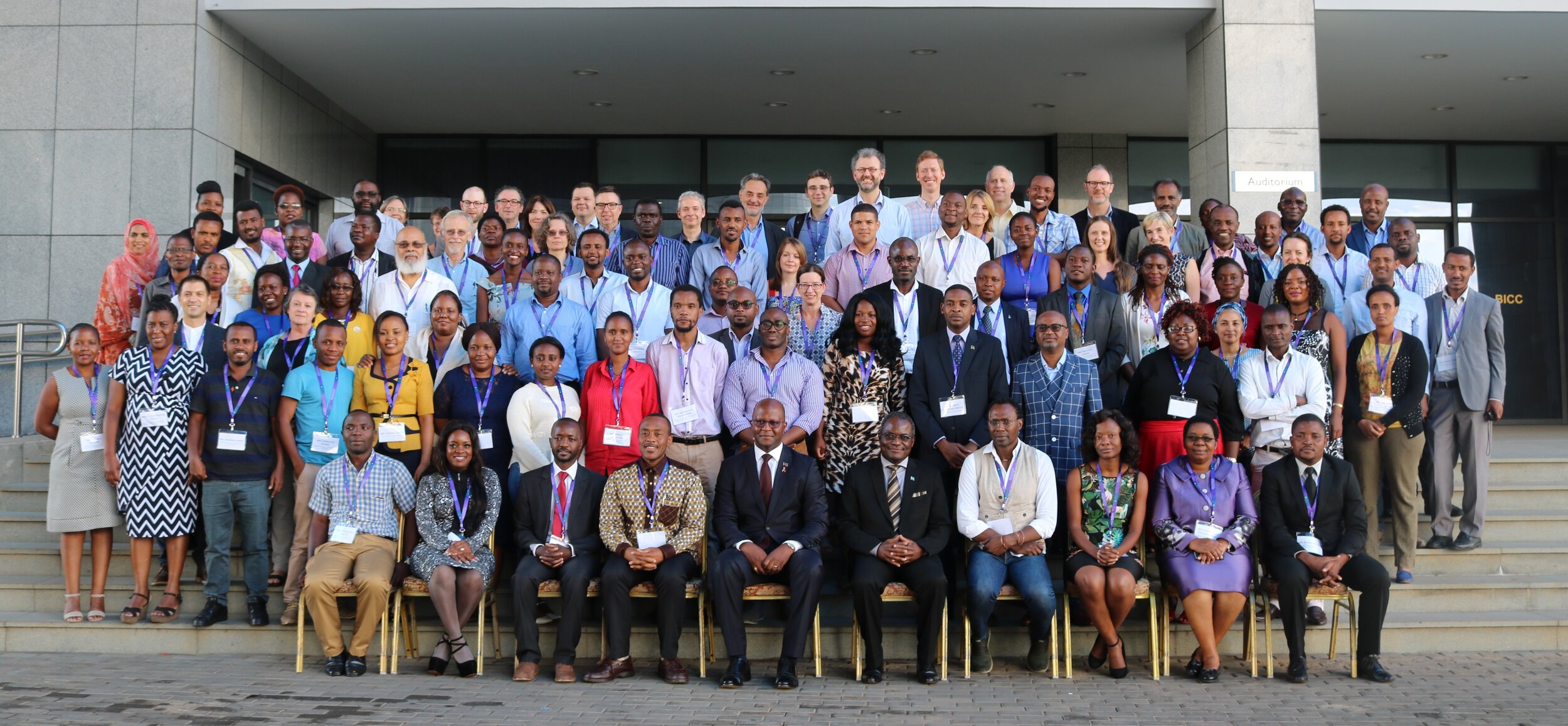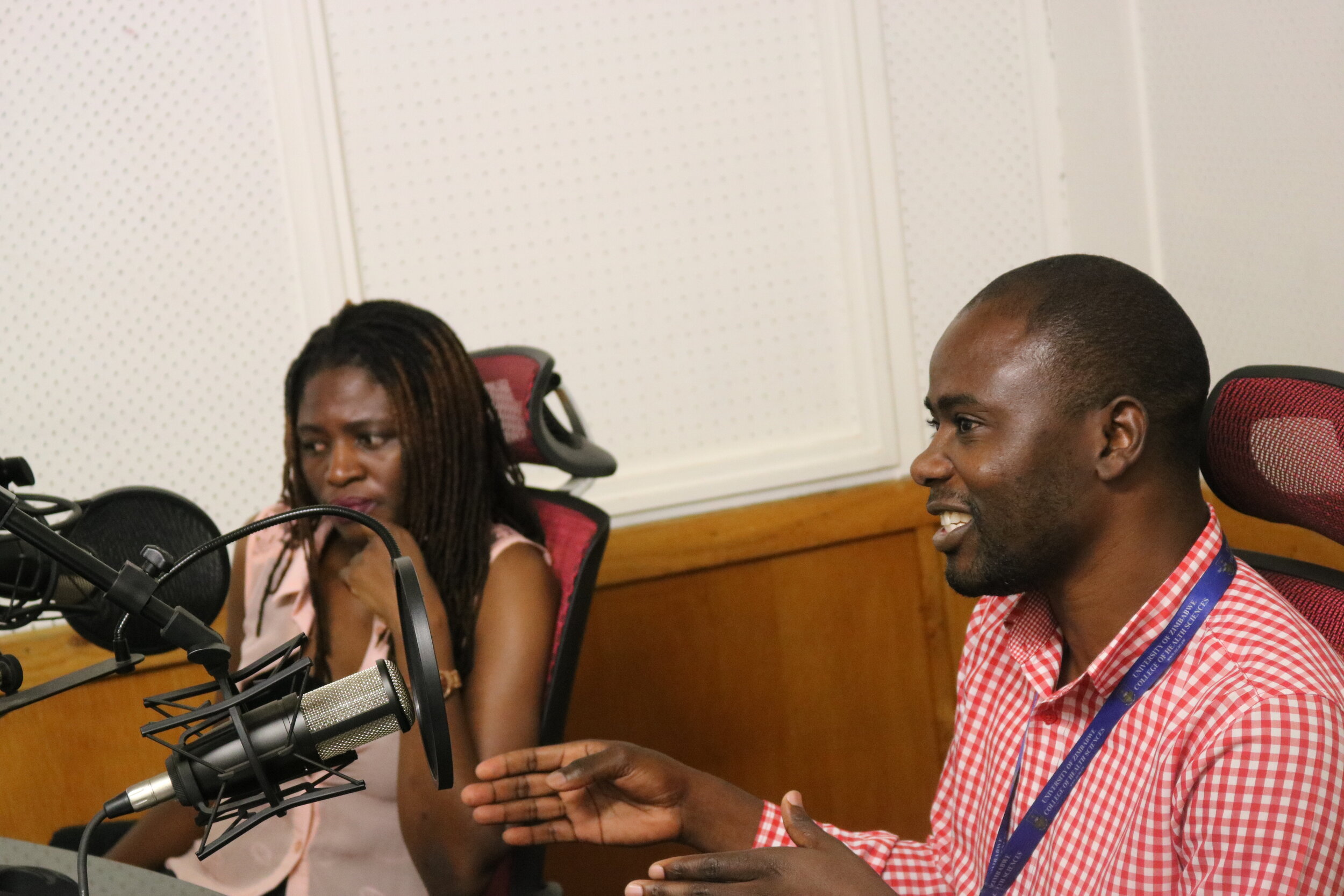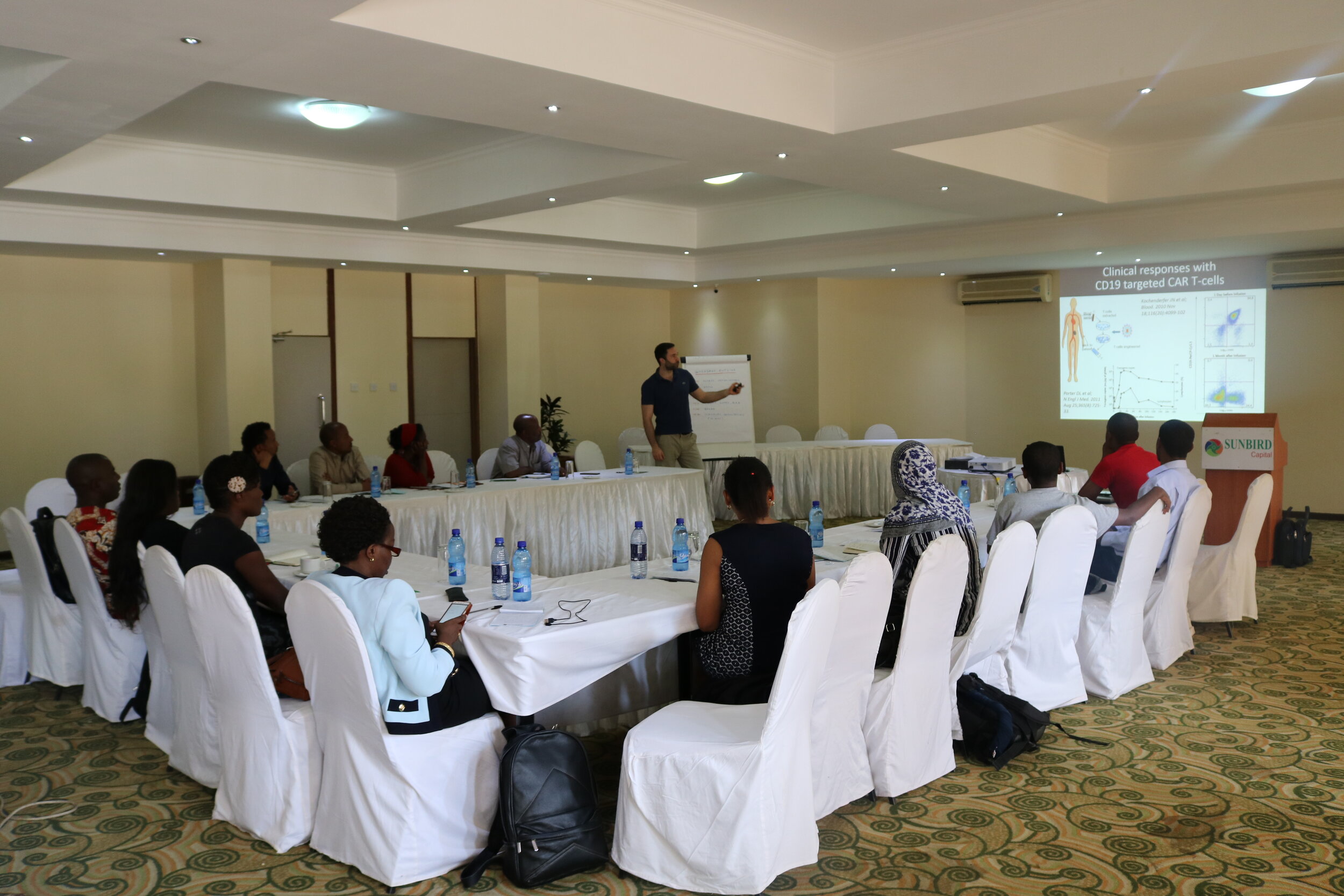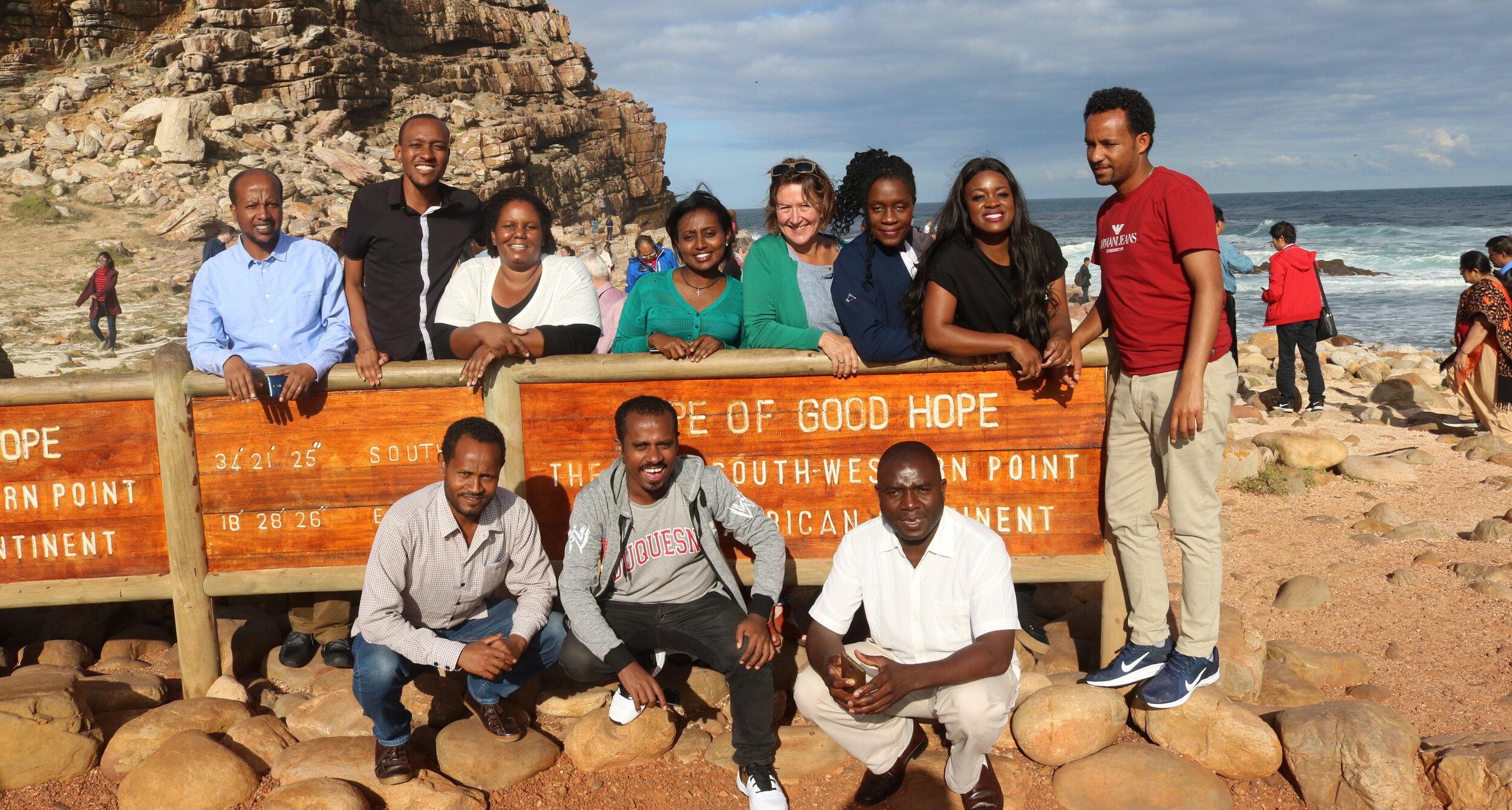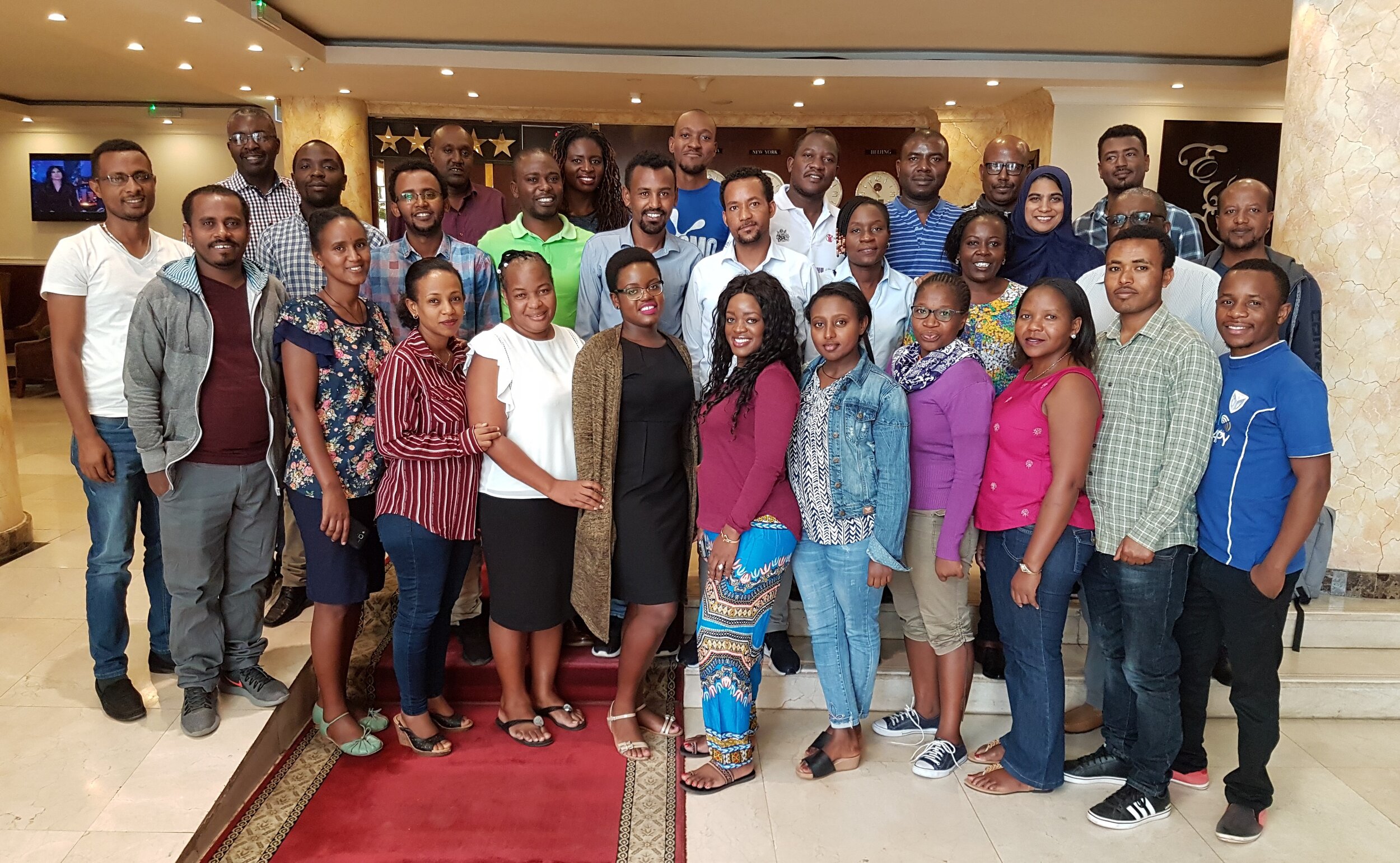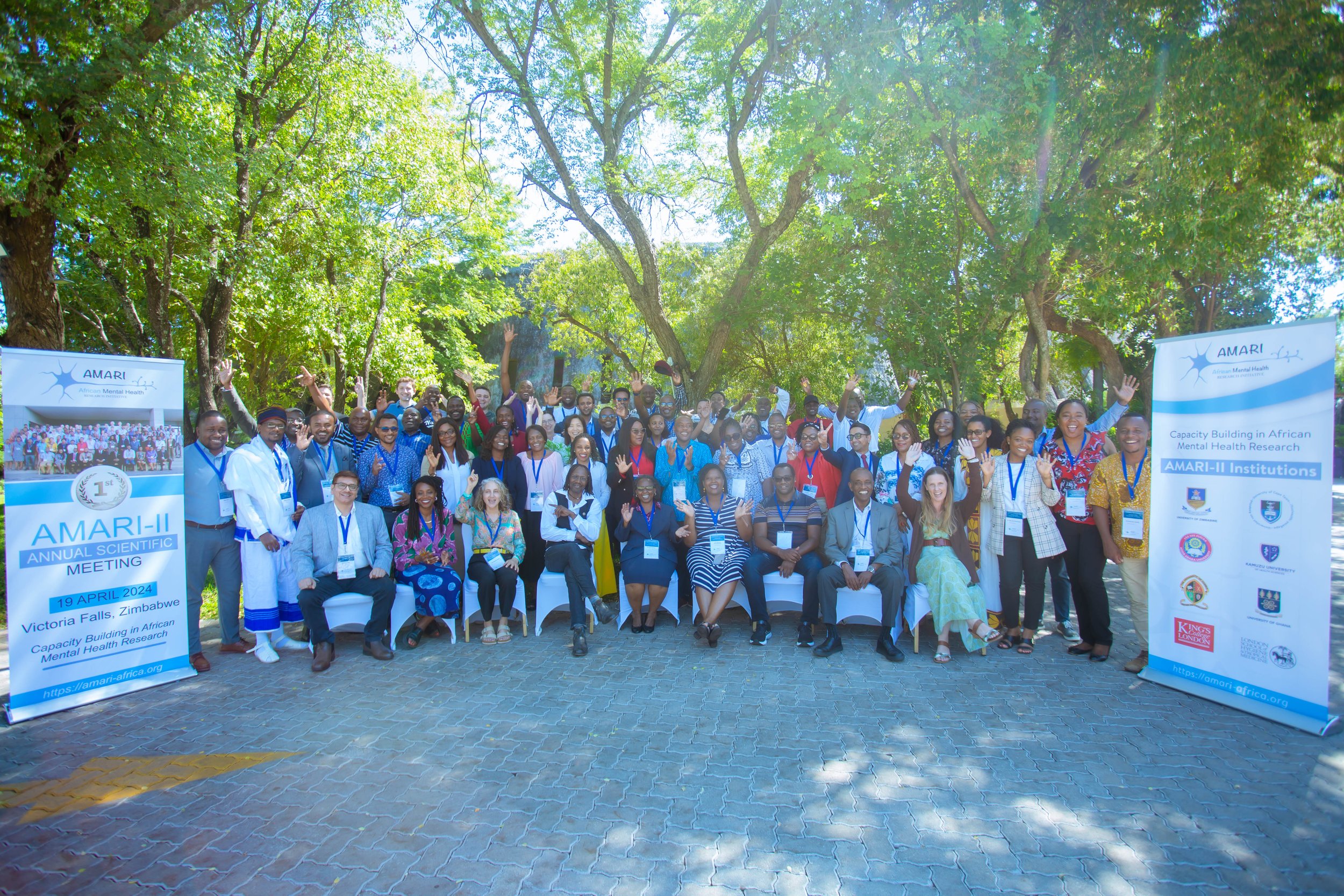Opportunities
AMARI-II supports African mental health researchers at MPhil, PhD, and Postdoctoral levels. All available funding opportunities are shared here.
About AMARI-II
The African Mental Health Research Initiative (AMARI) is a mental health research capacity building programme launched in 2015 to build an Africa-led network of future leaders in mental, neurological and substance use (MNS) research. AMARI is implementing its second phase, AMARI-II (2023 - 2027) with funding support from the second phase of the Developing Excellence in Leadership, Training, and Science in Africa (DELTAS Africa), a programme of the Science for Africa Foundation (SFA) being implemented with support from Wellcome and the UK Foreign, Commonwealth & Development Office (FCDO).
AMARI-II seeks to transform the global mental health landscape by harnessing the collective expertise of its consortium partners. The consortium’s shared vision and collaborative efforts aim to:
Develop leadership, training, and science excellence among African mental health scholars.
Empower African scientists to lead in global mental health research, training, and implementation.
Introduce interventions that reduce the treatment gap for mental health disorders in Africa.
Consortium Partner Institutions
Areas of Research
HIV & AIDS
Assessing for neuro-cognitive disorders associated with HIV. Improving sex-workers' adherence to HIV antiretroviral medication.
overcoming addiction
Experiences of recovery from substance misuse through finding new roles in life. Intervention in emergency room settings for alcohol and drug misuse.
maternal & child health
Impact of maternal depression on mother-to-child HIV transmission. Psycho-social interventions to treat peri-natal depression.
mental health in physical disease
Validating screening tools for depression in non-communicable diseases like diabetes. Assessing interactions of psychiatric and physical medications.
serious mental illness
Trans-generational impact of Serious Mental Illness in families, and the economic costs of SMI. Psycho-social interventions for Bipolar Disorder in primary care. Understanding cognitive impairment in psychosis.
caregiver burden
Understanding the challenges faced by those who care for people with serious medical conditions.
